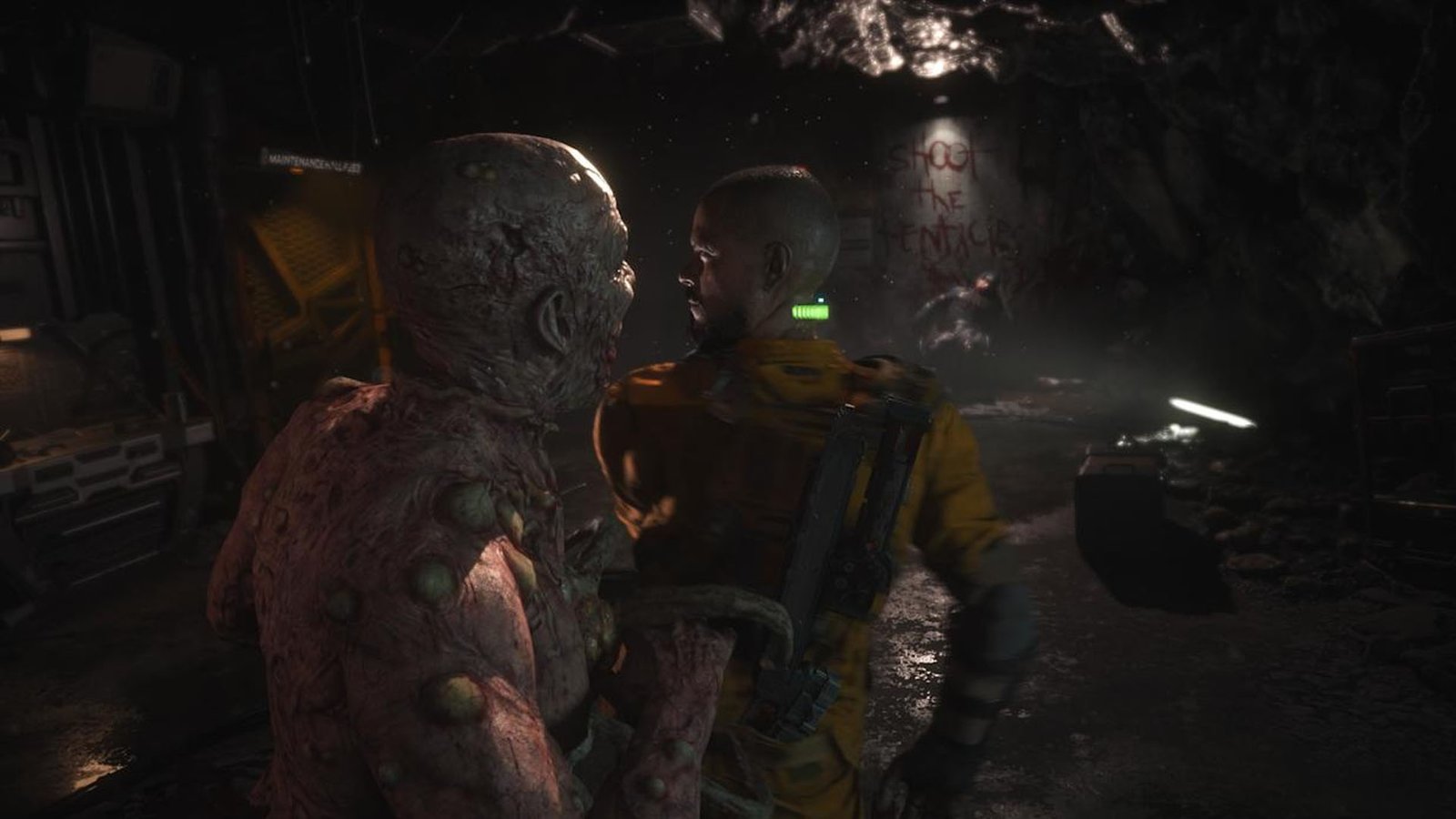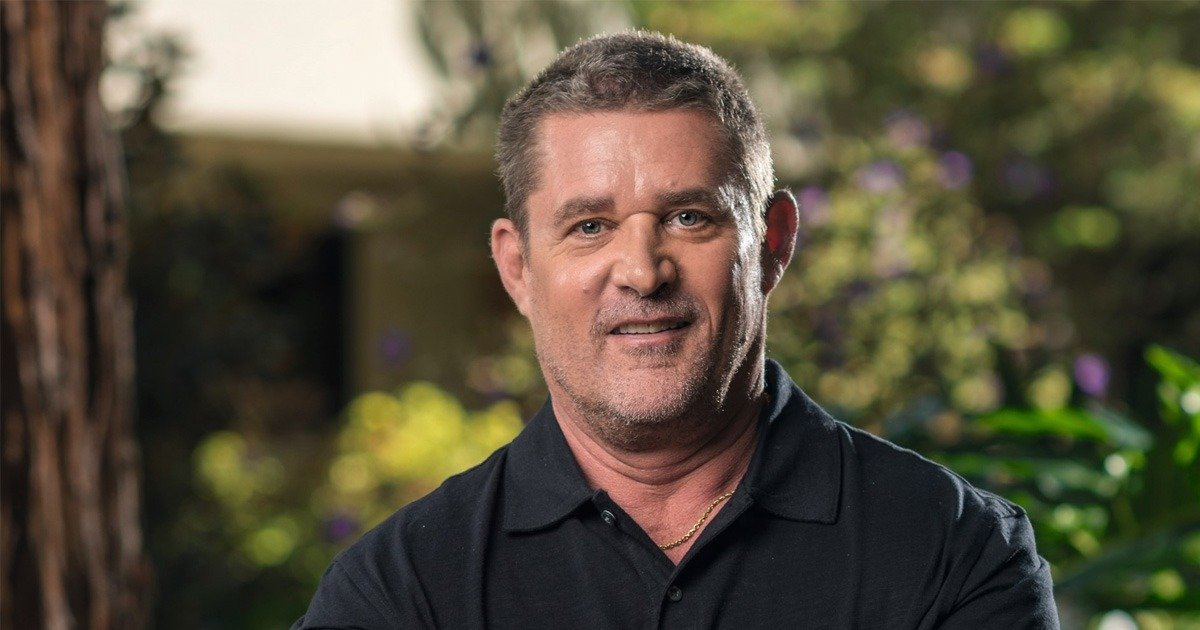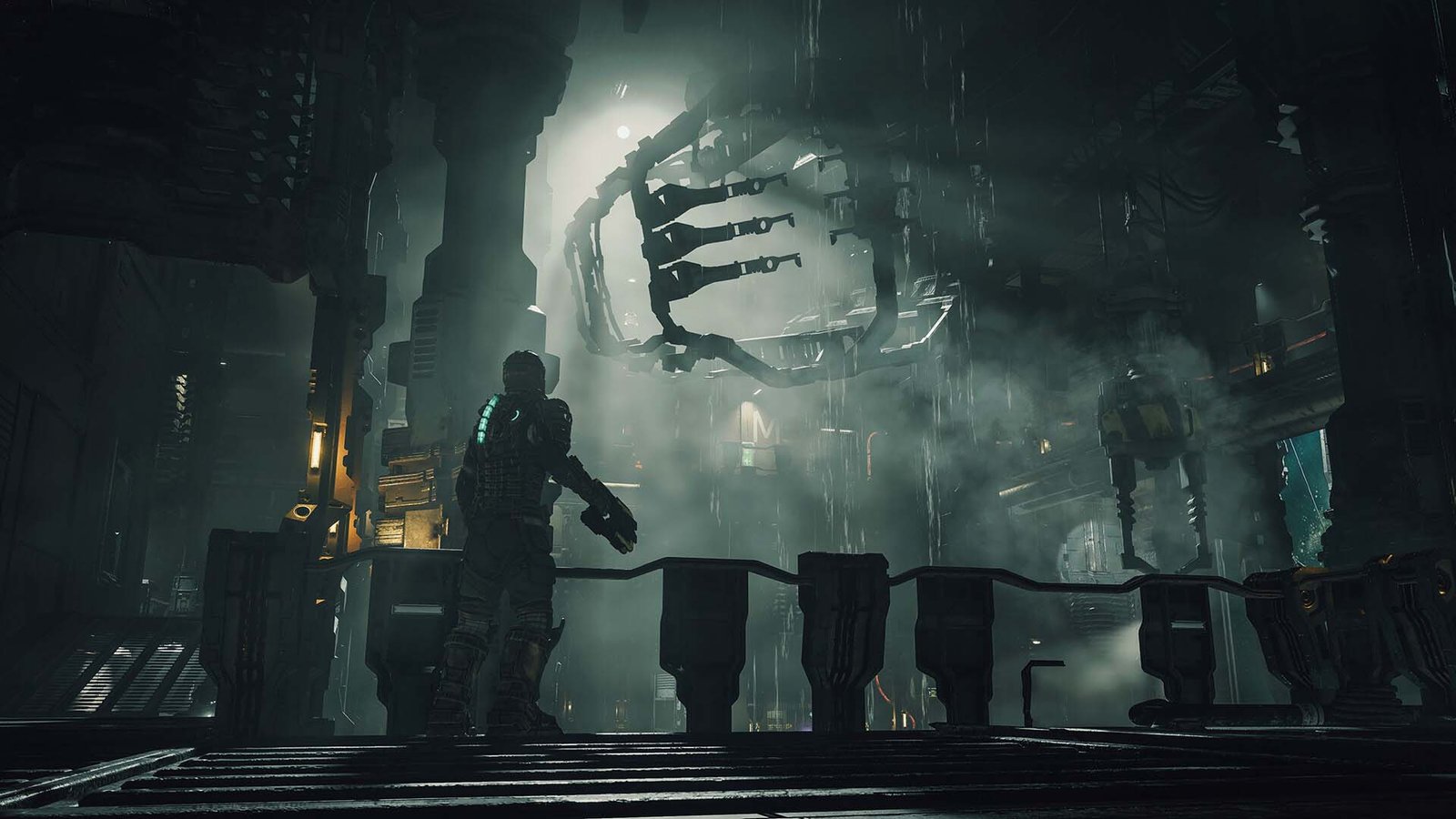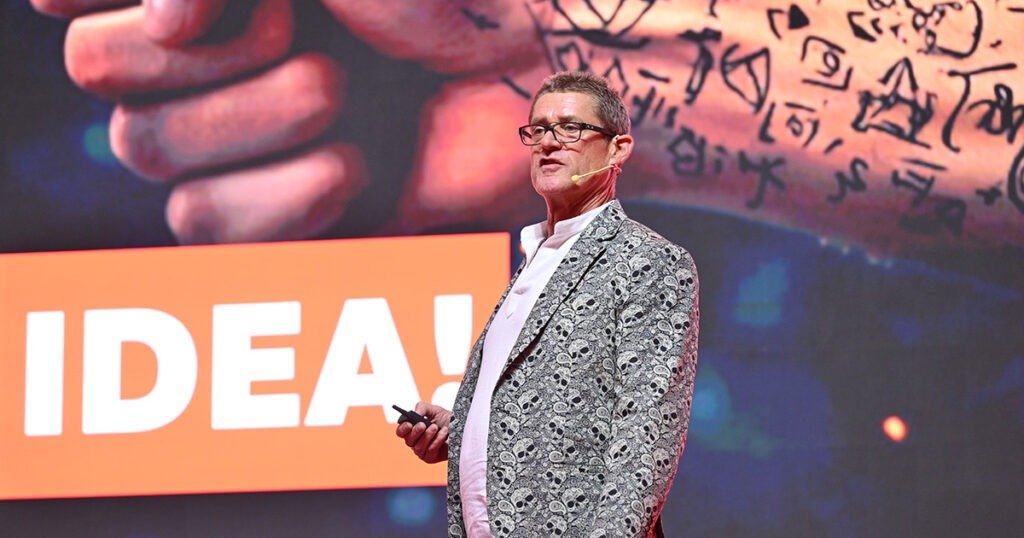Table of Contents
Speaking to Glen Schofield at gamescom asia x Thailand Game Show 2025
Building Smarter, Not Bigger
After nearly four decades in game development, Glen Schofield has seen the industry’s cycles of expansion, contraction, and reinvention. From Dead Space to The Callisto Protocol, he’s helped define what AAA production looks and feels like. But speaking with him today, his focus isn’t on spectacle, it’s on sustainability.
“The industry is broken — it’s beaten, it’s battered,” Schofield says in our conversation at the show. “We can’t just keep making games bigger and more expensive.”
He’s not the first to voice concern over ballooning budgets, but few do so with such grounded clarity. For Schofield, the challenge isn’t ambition but efficiency. The answer, he believes, lies in leadership and the intelligent use of new tools, not unchecked scale.
“AI is here to make us faster, better, more efficient,” he explains. “It won’t replace people, but it can help us work smarter.”
The AI Question

Artificial intelligence is the word on everyone’s lips, yet Schofield approaches it with both caution and curiosity. He’s quick to dismiss the notion that AI will instantly transform game creation.
“In one year, they’ll be able to make a game? No, that guy’s full of crap,” he says bluntly, referring to recent claims of AI-built titles. “It can’t help me yet… but in ten years, it’ll be everywhere.”
Schofield’s realism cuts through the hype. For him, AI is less a revolution than an evolution, a powerful assistant that can support artists and designers but not replace them. The creative spark, he insists, is still uniquely human.
He’s already thinking about how studios might adapt. “First, train everybody,” he says. “We know this new wave is coming, so get ready for it.” That pragmatism defines his outlook: use the technology, don’t fear it, but never mistake it for creativity itself.
Leadership Over Size

AI aside, Schofield believes that the most significant determinant of success in modern game development is leadership. Budgets, tools, and technology all matter, but none replace vision.
“You pick the right people and empower them,” he echoes after what he had earlier shared during his keynote. “That’s where efficiency really comes from. Not from cutting corners, but from trusting your team.”
He’s seen firsthand how a lack of alignment can derail even well-funded projects. To him, leadership isn’t about dictating every detail; it’s about guiding, mentoring, and protecting creativity in a system that can easily smother it.
“The games that last are the ones with a clear identity,” he adds. “That comes from leadership that knows what it’s building and why.”
The Future of AAA

Schofield doesn’t sound bitter about the state of AAA; he sounds pragmatic. He knows the scale won’t shrink, but he hopes the mindset will evolve. The goal isn’t to make smaller games, it’s to make smarter ones.
He points to the PC, film, and automotive industries as examples: “Every time new tech comes along, people say it’s the end of jobs. But those industries grew, they created millions of new roles. That’s what’ll happen here too.”
It’s a refreshing take: forward-looking but grounded in decades of experience. He’s realistic about the limits of what AI and technology can do, yet confident that the next generation of creators can adapt.
“I’m optimistic,” Schofield says. “The tools will change. The teams will change. But as long as there’s creativity and leadership, games will keep getting made and they’ll keep getting better.”

